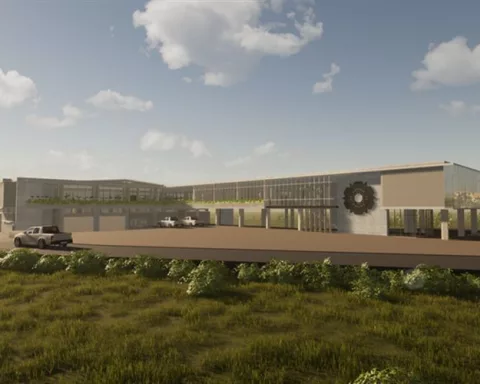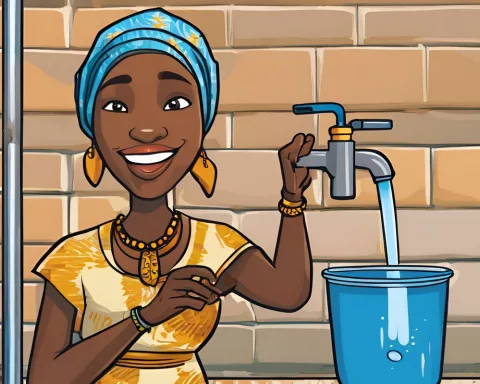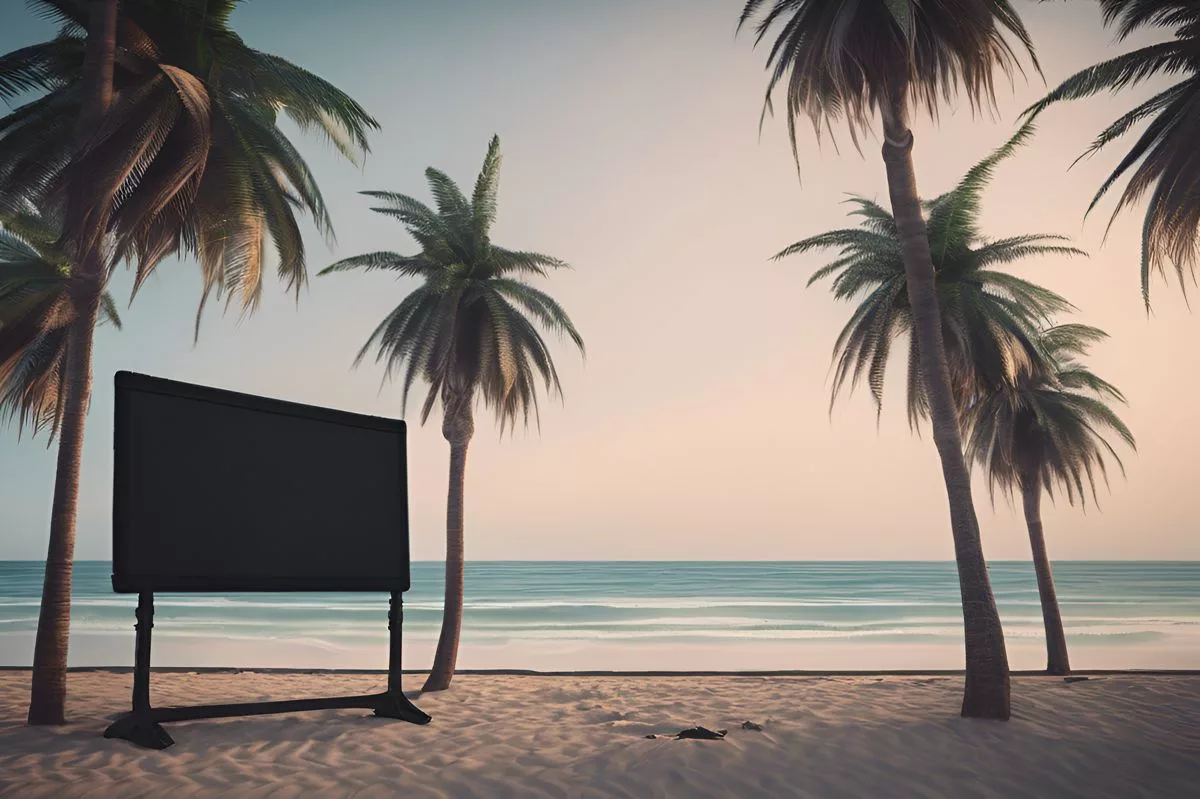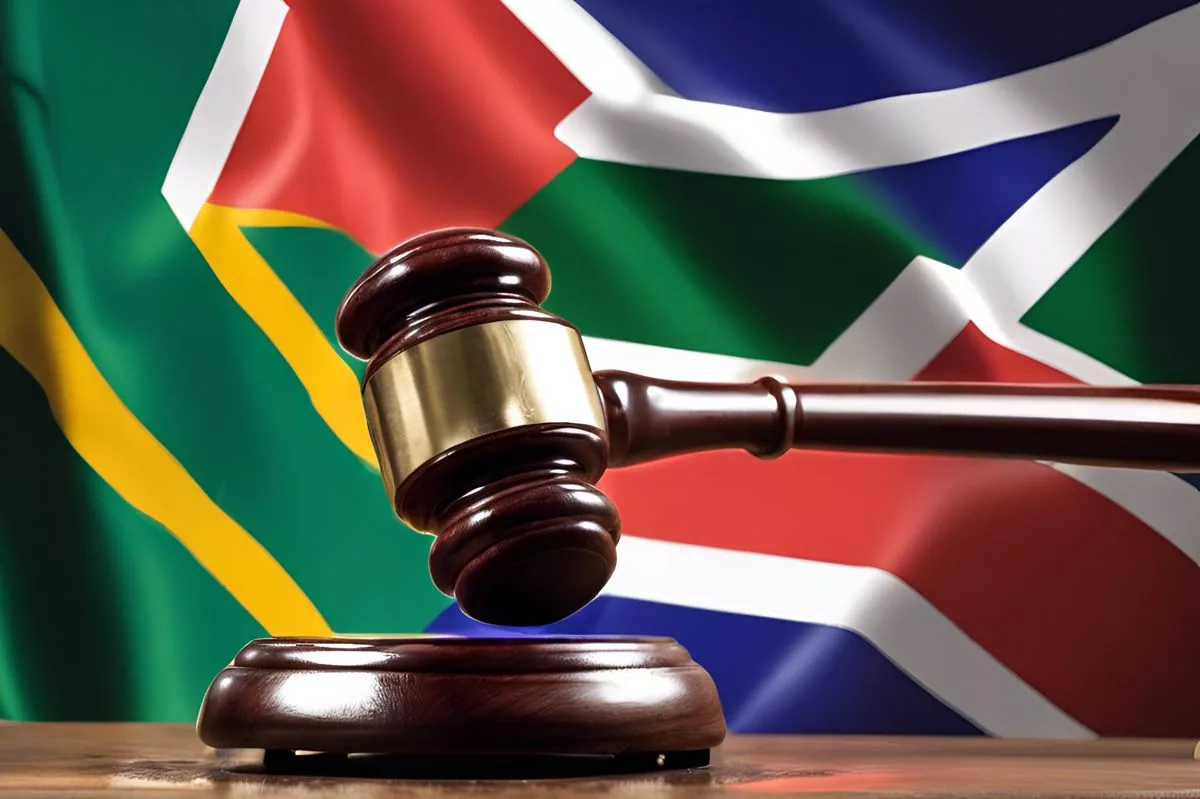LaundReCycle is an innovative solar-powered laundry service in Cape Town that recycles water in a loop system and purifies it through a biological process before reusing it for laundry. The service charges minimal fees, making it affordable for underprivileged individuals, and generates a monthly revenue of R2,500 to R3,000. Beyond just providing laundry services, LaundReCycle offers homeless individuals a sense of self-worth and serves as an entryway to various Streetscapes programs. The project is deemed successful and plans to further develop the concept of reusing treated water.
What is LaundReCycle and how does it work?
LaundReCycle is a solar-powered laundry service that recycles water in a loop system, purifying it through a biological process before reusing it for laundry. It was initiated in January 2021 as a three-year research project by the Zurich University of Applied Sciences in Switzerland, aimed at providing laundering services for underprivileged individuals and addressing water and energy scarcities. LaundReCycle charges minimal fees, making it particularly affordable for homeless people and generates a monthly revenue of R2,500 to R3,000.
In the heart of Cape Town, an exceptional laundry service has operated without a hitch for the past three years. The Streetscapes Urban Farm houses this innovative laundry service that distinguishes itself through its design and philosophy. The laundry service runs entirely on solar power and recycles water in a loop system. This system purifies water through a biological process before reusing it for laundry.
LaundReCycle: A Green Initiative
LaundReCycle, a green venture, was initiated in January 2021 as a three-year research project by the Zurich University of Applied Sciences in Switzerland. The project aimed to solve two substantial problems: laundering services for underprivileged individuals and addressing water and energy scarcities.
Andrew Tulloch, the Operations Manager at Streetscapes, clarifies that the laundry service operates on weekdays. It serves a variety of clients, including homeless individuals, local residents, businesses, and restaurants. The service charges minimal fees, making it particularly affordable for homeless people. The laundry service generates a monthly revenue of R2,500 to R3,000, which is primarily used to purchase eco-friendly detergents.
Beyond A Laundry Service
LaundReCycle is more than just a laundry service; it also makes a significant contribution to the community. By providing clean clothes and showers, the facility offers homeless individuals a sense of self-worth, which is often dismissed in their daily struggles.
The laundry service also serves as an entryway to various Streetscapes programs. For example, Taryn Faro, who has managed the laundry for the past nine months, was once a participant in the program. Faro faced multiple personal challenges after her husband’s death in 2010, making her life in a small ‘hokkie’ near the Zonnebloem mountains unbearable. However, after joining Streetscapes, she found help for anger management, depression, and alcohol dependency. The program gave her strength, and she now has a home in Delft.
Success and Future Plans
The laundry facility’s physical structure was constructed by Water Rescue in Paarl and is a project of the non-profit organization Khulisa Social Solutions. After publishing their final report last year, the researchers from Zurich University handed over the project to Streetscapes.
Devi Bühler, a researcher from the Zurich University of Applied Sciences, deems the project successful. The laundry service’s self-sufficiency, its integration into Streetscapes’ activities, and its sustained success all indicate the project’s triumph. The researchers plan to further develop the concept of reusing treated water.
Concluding Remarks
To conclude, the LaundReCycle project exemplifies the transformative potential of social enterprises and sustainable practices. It’s more than just a local laundry service. It symbolizes sustainable living, provides hope to the less fortunate, and embodies resilience and community spirit. This initiative exemplifies how innovative, eco-friendly solutions can revolutionize urban living while addressing some of the most pressing social issues of our time.
1. What is LaundReCycle and how does it work?
LaundReCycle is a solar-powered laundry service that recycles water in a loop system, purifying it through a biological process before reusing it for laundry. It was initiated in January 2021 as a three-year research project by the Zurich University of Applied Sciences in Switzerland, aimed at providing laundering services for underprivileged individuals and addressing water and energy scarcities.
2. How much does LaundReCycle cost?
LaundReCycle charges minimal fees, making it particularly affordable for homeless people and generates a monthly revenue of R2,500 to R3,000.
3. Who does LaundReCycle serve?
LaundReCycle serves a variety of clients, including homeless individuals, local residents, businesses, and restaurants.
4. How does LaundReCycle contribute to the community?
LaundReCycle offers homeless individuals a sense of self-worth and serves as an entryway to various Streetscapes programs. The laundry service’s sustained success all indicates the project’s triumph.
5. How successful is LaundReCycle?
Devi Bühler, a researcher from the Zurich University of Applied Sciences, deems the project successful. The researchers plan to further develop the concept of reusing treated water.
6. What is the significance of LaundReCycle?
LaundReCycle exemplifies the transformative potential of social enterprises and sustainable practices. It symbolizes sustainable living, provides hope to the less fortunate, and embodies resilience and community spirit.












